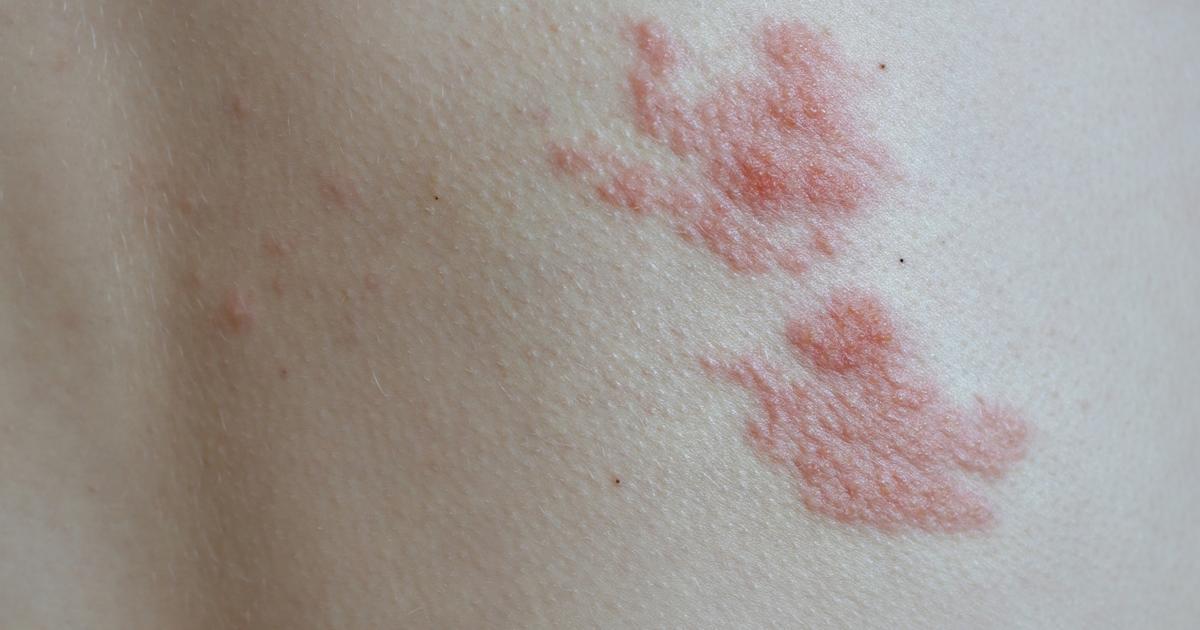Dr. Elizabeth Laposata, MD
Pathologist | Forensic Pathology
245 Waterman St Suite 100 Providence RI, 02906About
Dr. Elizabeth Laposata is a pathologist practicing in Providence, RI. Dr. Laposata is a doctor who specializes in the study of bodily fluids and tissues. As a pathologist, Dr. Laposata can help your primary care doctor make a diagnosis about your medical condition. Dr. Laposata may perform a tissue biopsy to determine if a patient has cancer, practice genetic testing, and complete a number of laboratory examinations. Pathologists can also perform autopsies which can determine a persons cause of death and gain information about genetic progression of a disease.
Education and Training
University of Maryland At Baltimore / Professional Schools 1979
University of Maryland School of Medicine 1979
Board Certification
PathologyAmerican Board of PathologyABP- Forensic Pathology
Provider Details
Expert Publications
Data provided by the National Library of Medicine- Sagittal liver transection--an injury from improperly worn shoulder harness seatbelts: a report of two cases.
- Rhode Island Office of the State Medical Examiner: pathology in the public interest.
- Cocaine-induced heart disease: mechanisms and pathology.
- The need for scientific approaches in forensic pathology.
- Passive inhalation of free-base cocaine ('crack') smoke by infants.
- Synthesis and degradation of fatty acid ethyl esters by cultured hepatoma cells exposed to ethanol.
- Fatty acid ethyl esters in adipose tissue. A laboratory marker for alcohol-related death.
- Evaluation of sudden death in psychiatric patients with special reference to phenothiazine therapy: forensic pathology.
- Hepatic lipase in the rat ovary. Ovaries cannot synthesize hepatic lipase but accumulate it from the circulation.
- Thrombomodulin, an endothelial anticoagulant protein, is absent from the human brain.
- Hepatic lipase. Synthesis, processing, and secretion by isolated rat hepatocytes.
- Metabolism of ethanol by human brain to fatty acid ethyl esters.
- Presence of nonoxidative ethanol metabolism in human organs commonly damaged by ethanol abuse.
- Collection of trace evidence from bombing victims at autopsy.
- Positional asphyxia during law enforcement transport.
Dr. Elizabeth Laposata, MD's Practice location
Dr. Elizabeth Laposata, MD's reviews
Write ReviewRecommended Articles
- Mononucleosis: Am I Contagious Throughout the Duration of My Condition?
Mononucleosis is a disease that is spread through the Epstein-Barr virus. Specific details about the virus is still unknown. This virus is known to exhibit fatigue in people, accompanied by an aching body, swollen lymph nodes, and fever. This disease is known to be spread through saliva and other...
- Different Types of Physicians Explained
Doctors or physicians are categorized according to different factors including medical specialties and subspecialties. Most doctors specialize in a specific area of medicine. This article provides a summary of the different types of doctors in the medical field. AllergistsAllergists are also...
- Everything You Need to Know About Biopsy Procedures
What is a biopsy?A biopsy is a medical procedure, which is mostly used in diagnosing cancer. In this procedure, a small tissue sample is taken from your body for a closer examination under the microscope. A biopsy is usually recommended by your doctor if initial tests in your body suggest an...
- How Does Dengue Fever Spread?
Dengue Fever is Caused by a VirusDengue fever is a viral disease common to tropical and subtropical countries where the weather is hot and humid for long stretches of the year. There are four strains of the virus - all belonging to the same family - that infect humans with dengue fever. A fifth...
- Treatments for Bladder Cancer
The treatment options or medications for bladder cancer depend largely on the advancement of cancer. The treatment is different for the early stage non-invasive bladder cancer and the more advanced muscle-invasive bladder cancer.During treatment, all hospitals have multidisciplinary teams (MDTs),...
- Is Shingles Contagious? How Do You Get Shingles?
Shingles is a contagious viral infection that is caused by the varicella zoster virus, the same virus that causes chickenpox. This virus affects a particular nerve section, causing painful rashes on the skin connected to that particular nerve. The rash normally appears in a form of a band on any...
Nearby Providers
- Lisa Goldstein164 Summit Ave Providence RI 02906
- Dr. Brad R Kaplan D.M.D149 Governor St Providence RI 02906
Nearest Hospitals
RHODE ISLAND HOSPITALl
593 EDDY STREET PROVIDENCE RI 2903WOMEN AND INFANTS HOSPITAL OF RHODE ISLANDl
101 DUDLEY STREET PROVIDENCE RI 2905MIRIAM HOSPITALl
164 SUMMIT AVENUE PROVIDENCE RI 2906




